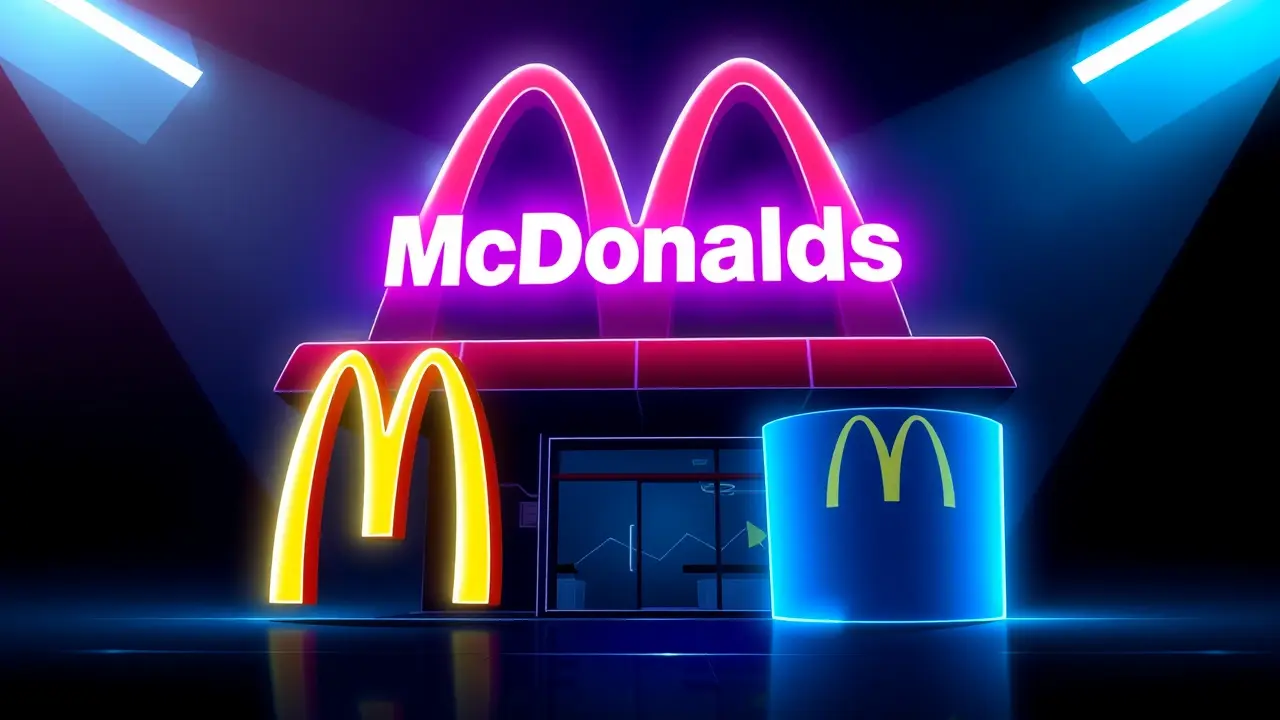
FinancestocksEarnings Reports
McDonald's Losing Low-Income Customers Amid Economic Pressures
ET
Ethan Brown
4 hours ago7 min read1 comments
The latest earnings report from McDonald's serves as a stark financial lesson in personal budgeting under pressure, revealing a growing chasm in American consumer behavior that feels ripped from the pages of a 'Rich Dad Poor Dad' case study. While the fast-food giant's global same-store sales saw a 3.6% bump and U. S.sales grew 2. 5% year-over-year, this top-line figure masks a deeper, more troubling trend of economic bifurcation.For the nearly two years, traffic from lower-income households has been in a precipitous decline, falling by nearly double digits in the third quarter alone, a direct consequence of the relentless squeeze from soaring food prices, grocery inflation, and wages that simply haven't kept pace. CEO Chris Kempczinski didn't mince words on the earnings call, framing it as a 'challenging environment' where the company's strategy must pivot sharply toward 'everyday value and affordability.' This isn't just a quarterly blip; it's a fundamental shift in how a massive segment of the population allocates its dwindling disposable income. In contrast, higher-income consumers, seemingly insulated from these pressures, have increased their visits by nearly double digits, treating the Golden Arches not as a necessity but as a convenient luxury.This divergence is a microcosm of the broader U. S.economy, where inflation and interest rates create winners and losers, forcing families to make hard choices between a $5 meal deal and the groceries they can stretch across several dinners. McDonald's response is a classic play from the corporate turnaround handbook: the reintroduction of value meals like the $5 Sausage, Egg & Cheese McGriddles combo and the $8 10-piece Chicken McNuggets meal, alongside the nostalgic marketing push of the Monopoly game, now with a digital twist to engage a mobile-first audience.But the question for investors and everyday consumers alike is whether these tactics are enough. The company's adjusted earnings per share of $3.22, missing analyst expectations by ten cents, suggests the road ahead is fraught. For the average household watching every dollar, the calculus is simple.When a fast-food burger begins to feel like a luxury, the foundational contract of quick-service restaurants—cheap, consistent, and convenient—is broken. This moment is a powerful reminder that sustainable growth, whether for a multinational corporation or an individual's side hustle, isn't just about driving sales; it's about understanding and adapting to the real-world financial pressures that dictate where and when people choose to spend their hard-earned cash.
#featured
#McDonald's
#earnings report
#low-income consumers
#value meals
#sales
#economic disparity
Stay Informed. Act Smarter.
Get weekly highlights, major headlines, and expert insights — then put your knowledge to work in our live prediction markets.
Related News
© 2025 Outpoll Service LTD. All rights reserved.














